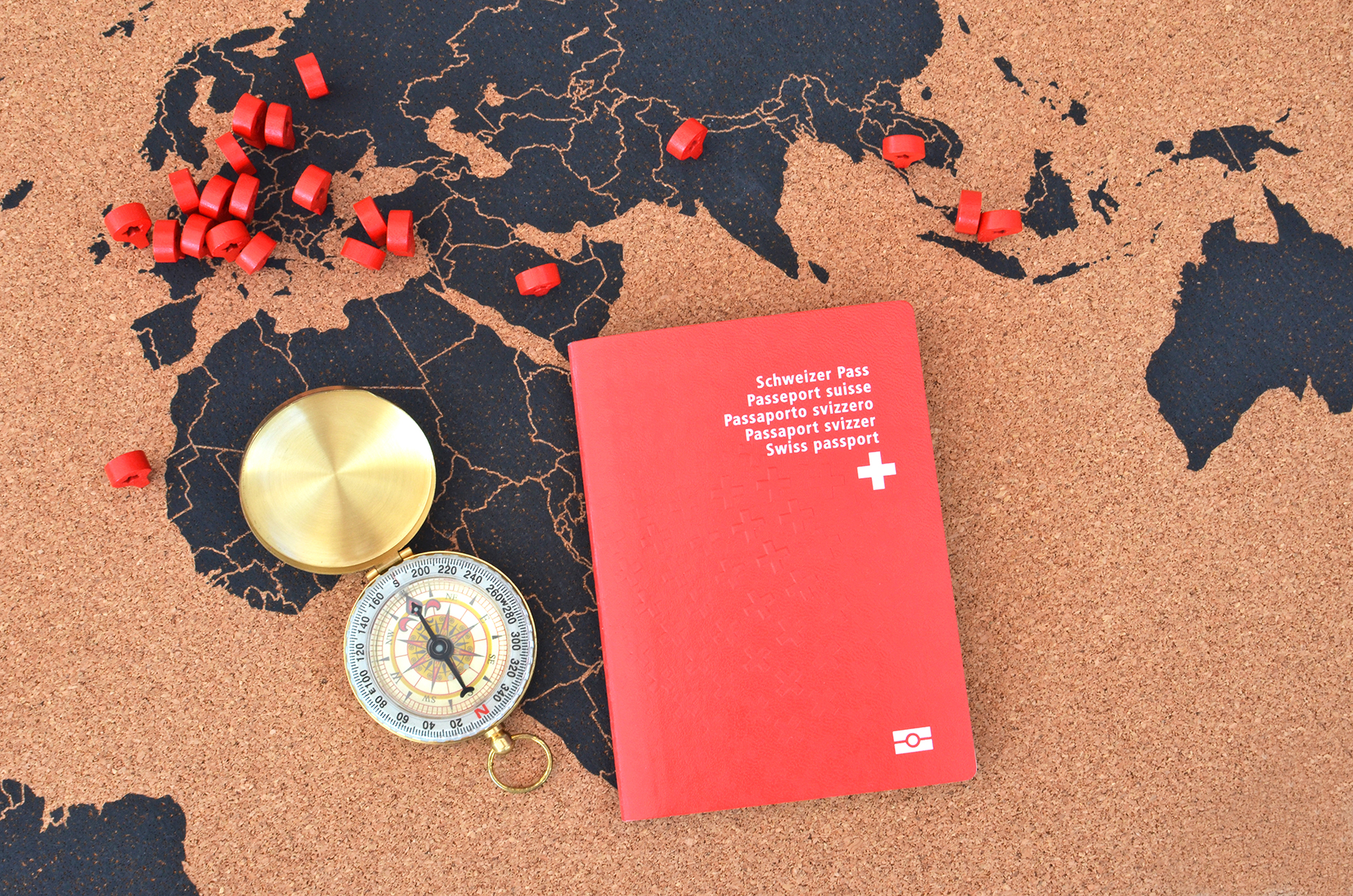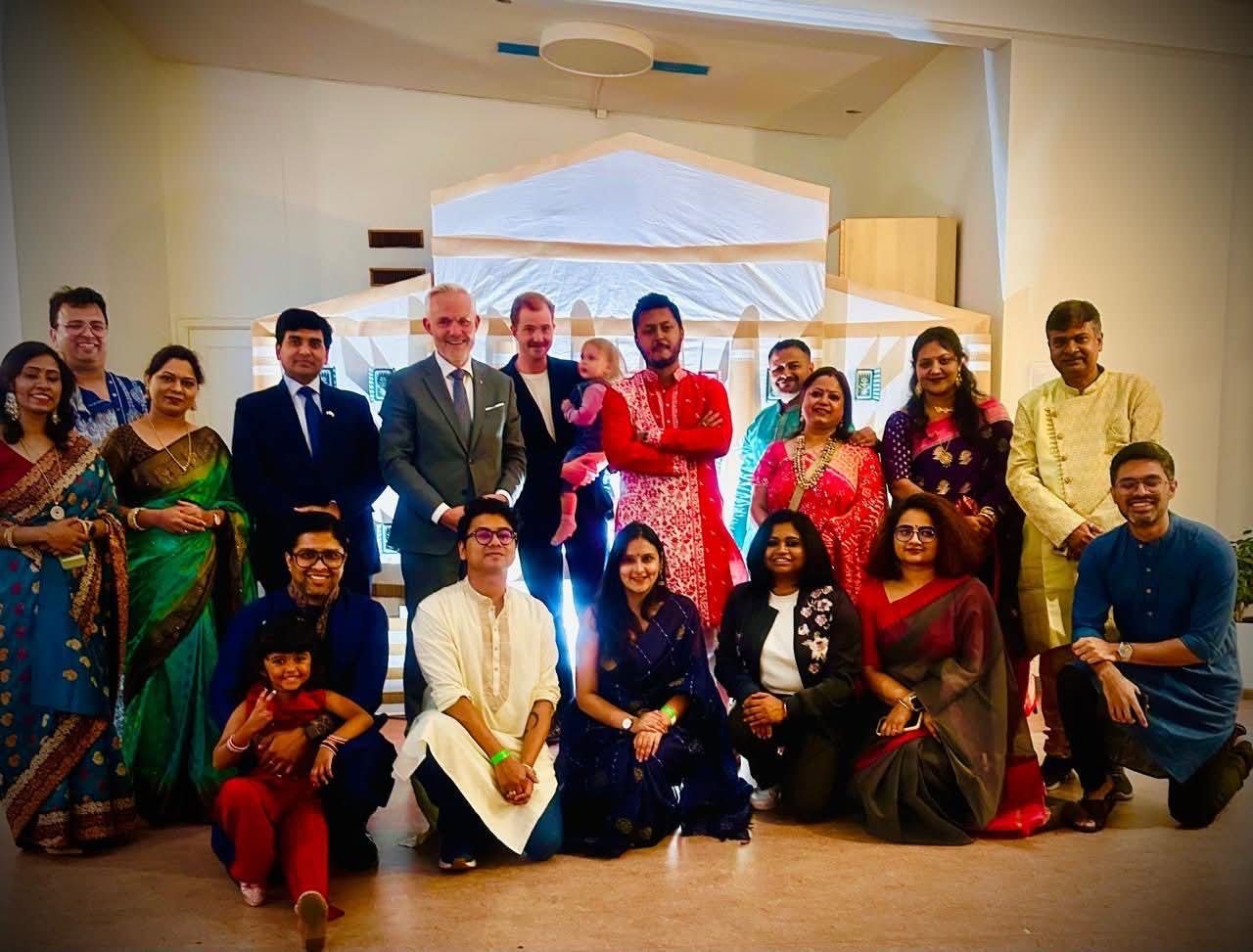Swiss citizenship
Switzerland is known as the most beautiful country in the world. The stunning mountains, lakes, and picturesque villages that makeup Switzerland’s beautiful landscape are just a few of the reasons why it is so special. The famous Matterhorn, with its delicious Fondue, Chocolates, and Watches.
International student testimony has shown that Switzerland is a top choice for higher education in Europe.
If you want to become a Swiss citizen, there are some important things that you need to consider.
- Switzerland recognizes Swiss citizenship acquired through paternal or maternal descent through Jus Sanguinis regardless of where it was born.
- Although the Swiss passport is known for being one of Europe’s most difficult to obtain, it offers many benefits. It ranks 4th (fourth) in the list of best passports for travel. Passport power index Visa-free entry to 150 countries
- The State Secretariat for Migration (SEM) is the central Swiss authority responsible for immigration and citizenship
Swiss citizenship requirements depend on your personal circumstances and nationality. After 10 years, Swiss citizenship is usually granted to foreigners. These are the most common paths to Swiss citizenship:
- Being a Swiss citizen’s child by adoption or birth
- Marriage to a Swiss citizen
- Naturalization upon 10 years’ residence in the country
General Requirements
For citizenship, foreigners who have no direct family ties to Switzerland by birth or marriage must reside in Switzerland for at least 10 years.
These stays count towards the duration requirement
- Stays with basic permits like: L, B and C.
- Stays with a “carte delegitimation” issued the Federal Department of Foreign Affairs, or with a Ci permit
- Stays with F permit are credited for half the length.
Swiss citizenship benefits:
- The right to live in Switzerland, even if you have lived elsewhere for a time
- Right to vote in Swiss elections, and to run for public office
- the right to a Swiss passport, which is ranked third on the passport power index with visa-free access to over 150 countries.
DUAL CITIZENSHIP:
Swiss law allows multiple citizenships since 1 January 1992. However, acquisition of foreign citizenship must be approved by the relevant state.
For Swiss naturalization, foreign nationals must apply
If they acquire Swiss citizenship, they may lose their citizenship in their country of birth. The authorities in the country of origin can provide relevant information.











